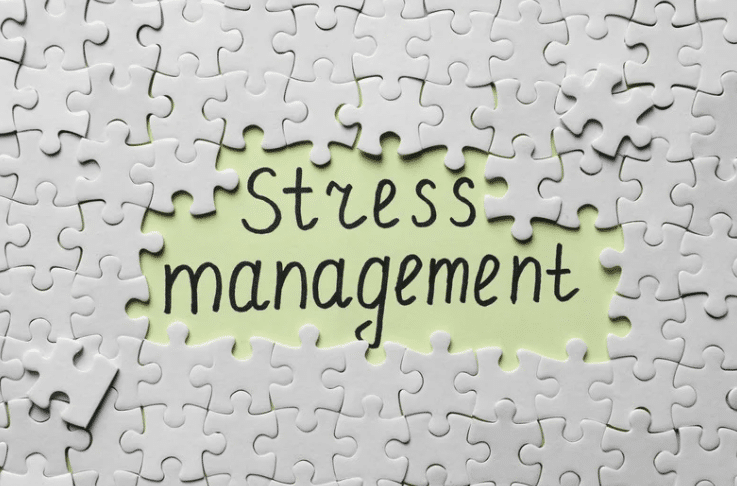Life after trauma can often feel like navigating a maze, with stress acting as an unwelcome companion along the way. But here’s the thing: with the right tools and support, managing long-term stress becomes not just possible but empowering. Let’s explore a few friendly and practical techniques that can help trauma survivors find their path to calm and resilience.
Start with Self-Compassion
First things first: be kind to yourself. Healing is not a race, and there’s no “one-size-fits-all” timeline for recovery. Some days will be harder than others, and that’s okay. Self-compassion means accepting where you are and recognizing that you’re doing your best, even on the tough days.
Develop Routines That Ground You
When life feels overwhelming, creating a routine can bring a sense of stability and predictability. Simple habits like starting your morning with a grounding activity—whether it’s journaling, stretching, or sipping your coffee mindfully—can set a calming tone for the day.
Breathe Your Way to Calm
Breathing exercises are your portable stress-relief tool. Practices like diaphragmatic breathing (deep breaths that expand the belly) help activate your parasympathetic nervous system, which encourages relaxation. Next time stress sneaks up, pause and take a few intentional breaths. It can make a world of difference.
Find Joy in Movement
Exercise isn’t just about physical health—it’s also a powerful tool for managing stress. But here’s the key: it doesn’t have to mean hitting the gym if that’s not your thing. Dancing in your living room, walking in nature, or even stretching while watching TV can be enjoyable ways to reconnect with your body and release built-up tension.
Connect with Others
One of the most healing aspects of stress management is finding people who “get it.” Whether it’s connecting with a support group, therapist, or trusted friend, sharing your journey can help lighten the emotional load. Relationships can remind you that you’re not alone.
Incorporate Mindfulness & Relaxation
Mindfulness is about staying present in the moment—something that can help break the cycle of rumination and stress. From meditation apps to simply tuning into your surroundings with curiosity, mindfulness can be a gentle but transformative practice. Pair it with relaxation techniques like guided imagery or progressive muscle relaxation for extra stress relief.
Fuel Your Body, Feed Your Mind
What you eat can affect how you feel. A balanced diet with foods rich in nutrients—like leafy greens, whole grains, and lean proteins—can support both your physical and mental well-being. Staying hydrated and minimizing caffeine and sugar intake can help regulate stress levels, too.
Make Space for Creativity
Engaging in creative activities—whether it’s painting, writing, gardening, or even experimenting in the kitchen—can provide an outlet for emotions and reduce stress. Don’t worry about being “good” at it; the act of creating is enough to boost your mood.
Seek Professional Support
Sometimes, managing long-term stress requires the help of a professional. Therapists, trauma specialists, and counselors are trained to provide tailored strategies and coping techniques to help you navigate your unique challenges. Reaching out is a sign of strength and commitment to your well-being.
Take It One Step at a Time
Above all, remember that managing long-term stress is a journey, not a destination. Each small step you take—no matter how insignificant it might feel—adds up over time. Celebrate your progress, and know that healing is a process worth investing in.
Stress may linger after trauma, but it doesn’t define you. With patience, practice, and support, you can build a toolkit that empowers you to handle life’s challenges with resilience and grace. You’re stronger than you know, and you’ve got this. 💙
